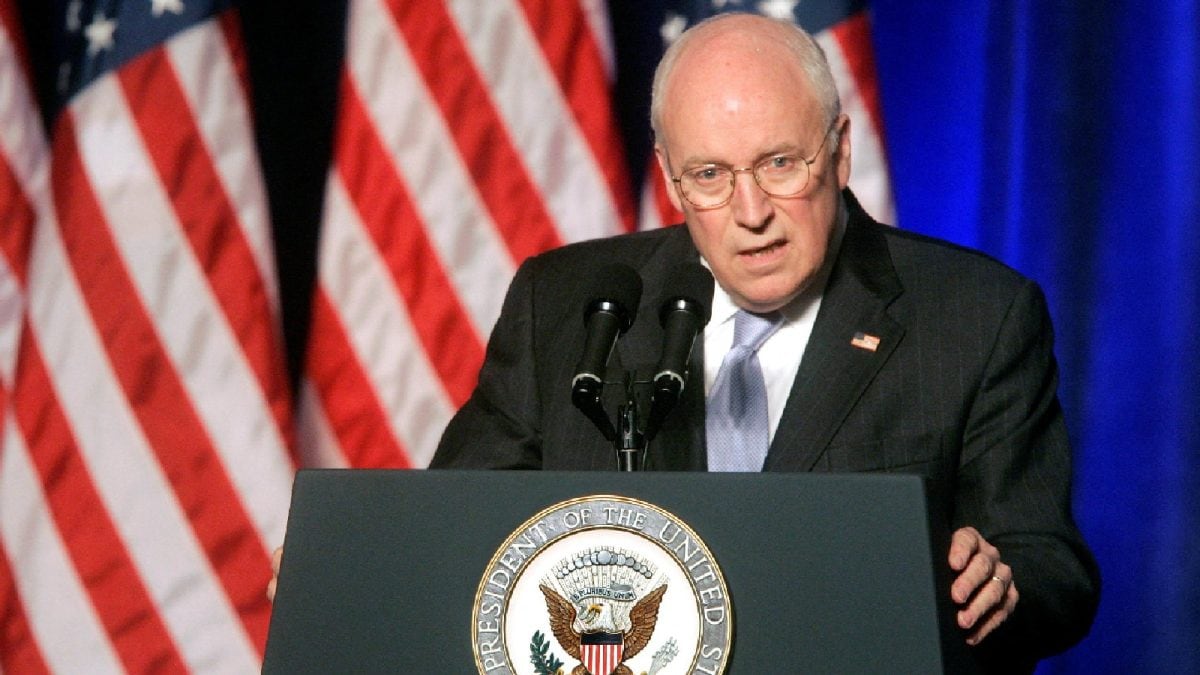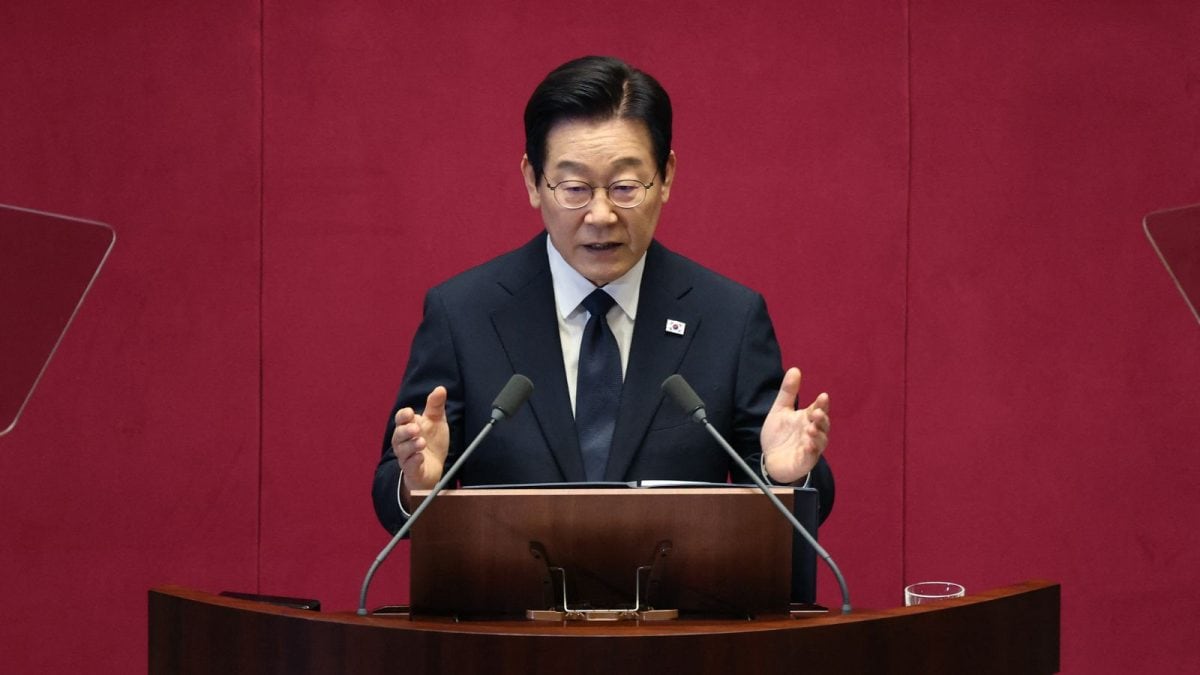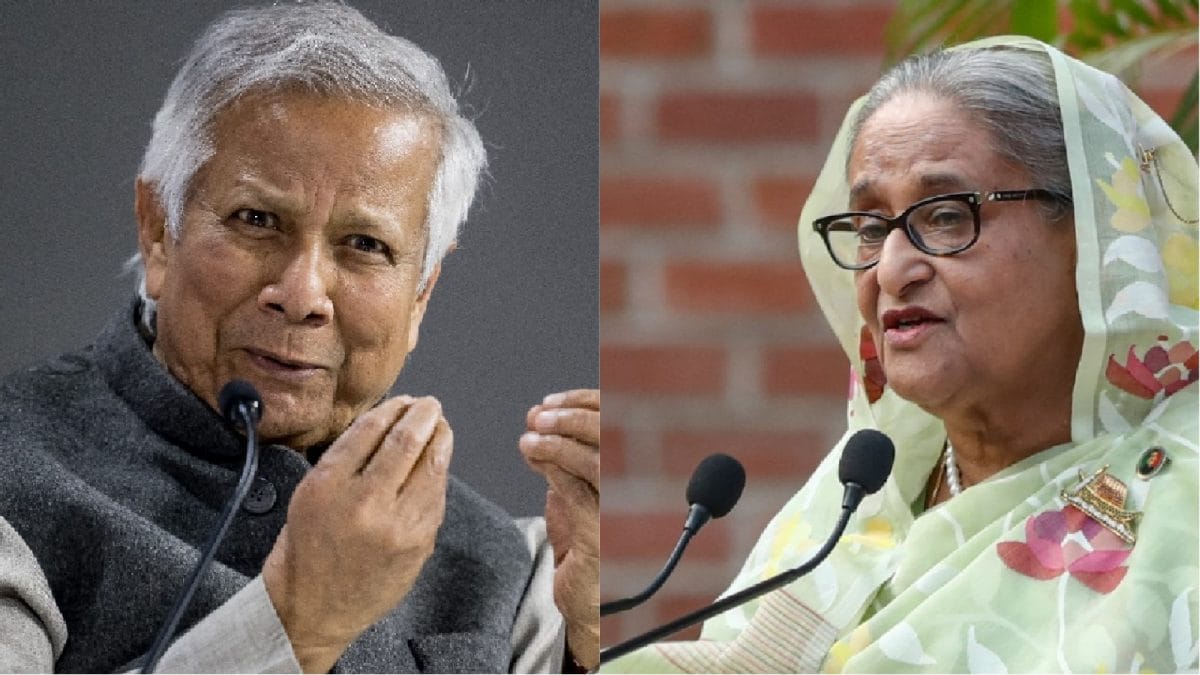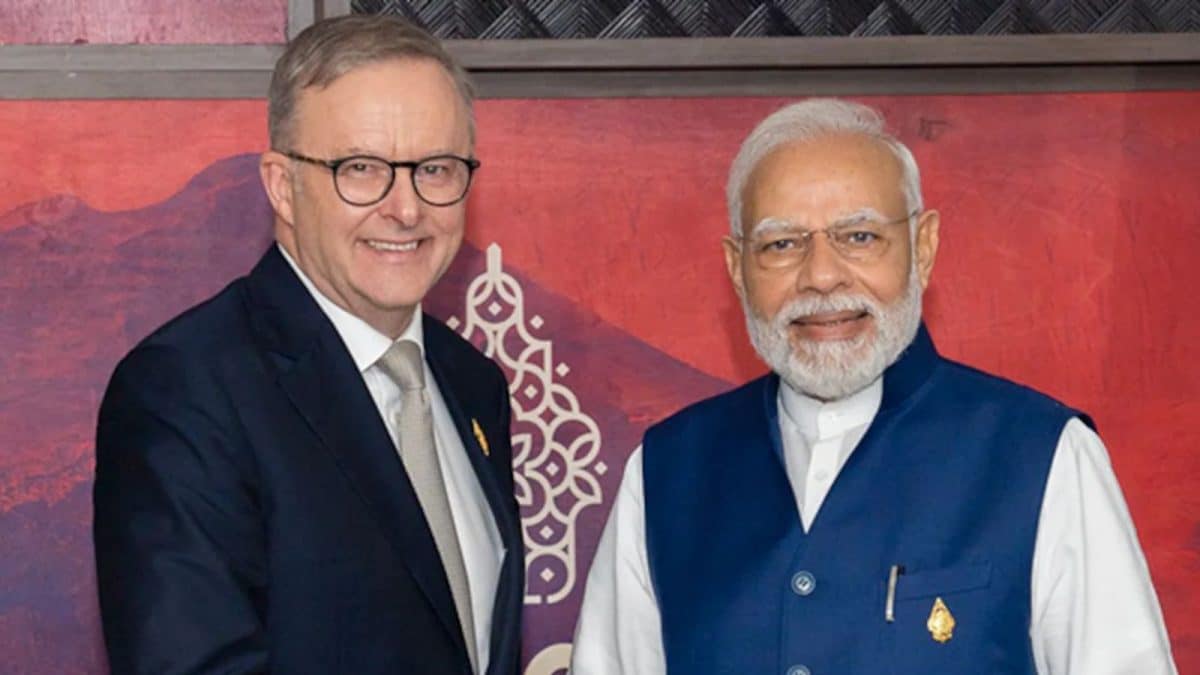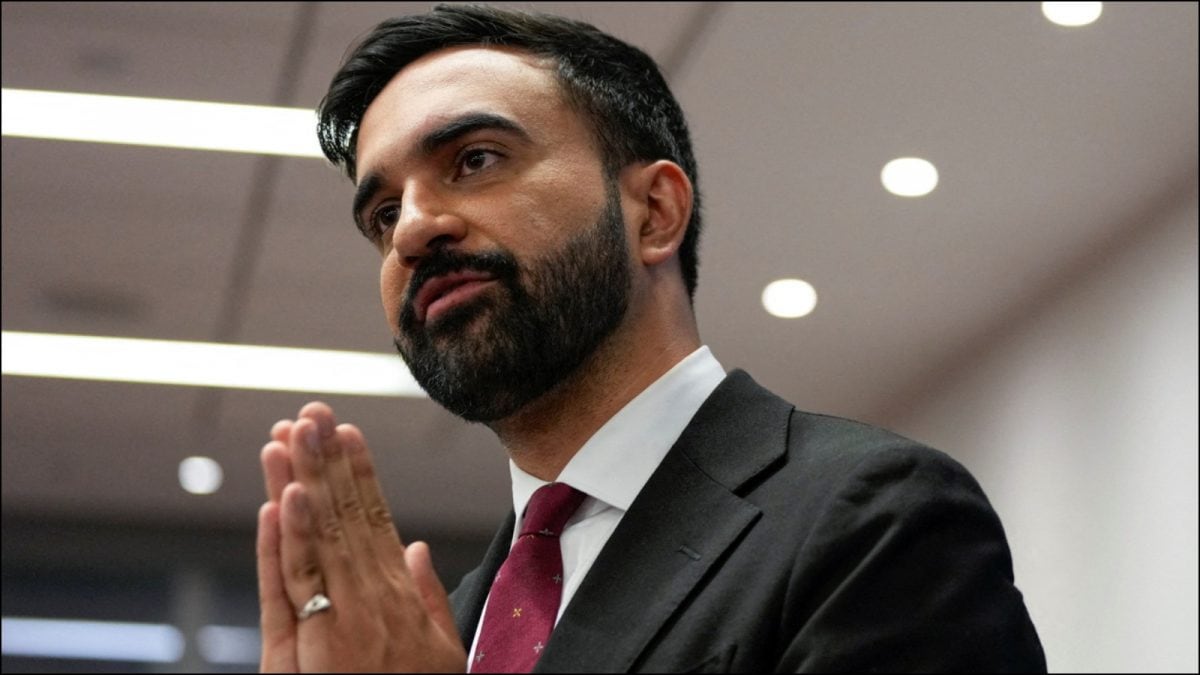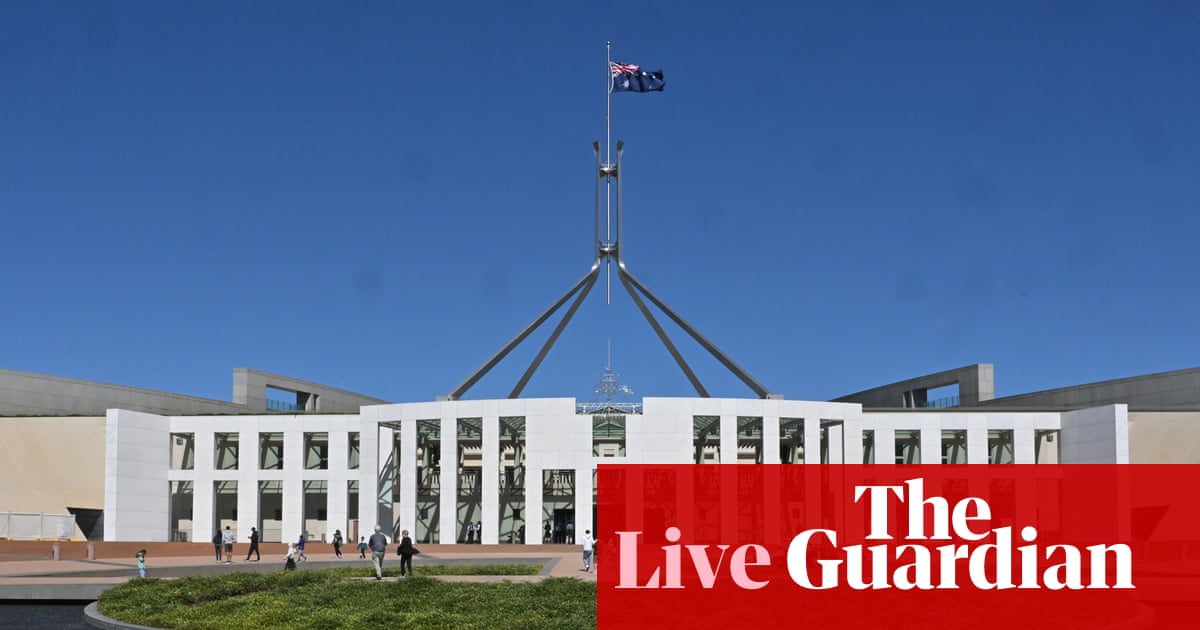Sprawling poppy fields in Pakistan's Balochistan have overtaken those in Afghanistan, which produced 80% of the world's opium. The Taliban's 2022 ban on poppy farming in Afghanistan pushed cultivators into Pakistan. With Afghan expertise and share-croppers, Pakistan has become the world's new opium hub.

Although Pakistan was declared poppy-free in 2001, it has since witnessed a resurgence in cultivation of the crop. (AFP Image)
Kabul's opium throne has shifted east. The Taliban's 2022 ban on poppy farming in Afghanistan has driven cultivation across the border, with neighbouring Pakistan overtaking it as the world's new opium hub. Satellite imagery has revealed sprawling poppy fields in the volatile province of Balochistan, which is home to several armed militant groups like the Islamic State, reported The Telegraph of the UK. This is likely to be a concern for New Delhi, not only because the heroin from it could reach India, but because the narco-money could be used to fund terrorism against it.
This shift could funnel millions into the hands of terrorists and militants, destabilise the region further and is capable of "reshaping security dynamics across the region", said The Telegraph.
The unrestrained poppy cultivation in Pakistan has surged past the historic highs of Afghanistan, which once produced more than 80% of the world's opium. It's through Afghan farmers' expertise, desert irrigation, and their role as share-croppers that Pakistan, which was declared "poppy-free" in 2001, is turning into the world's primary opium hub.
Poppy isn't used just for opium but for semisynthetic narcotics like heroin, which is wrecking havoc across the world.
Reacting to what he called the "bad news from Pakistan", American diplomat and foreign policy expert Zalmay Khalilzad said, "If true, there are many risks: financing terror and violent groups; increased criminalisation of the economy and politics, and increased narcotics addiction of the population".
"It is also a threat to the neighbours and beyond. Does Pakistan have a plan to deal with this menace?," Khalilzad, who was the US special representative for Afghanistan reconciliation (2018-2021).
The flower of the poppy plant is the source of opium. It is the source behind other deadly drugs like morphine, codeine, heroin, and oxycodone, according to the US DEA.
Pakistan, along with Afghanistan and Iran, forms the infamous Golden Crescent, which is a major hub of opium production. This region has long been central to the global narcotics trade.
POPPY BOOM IN BALOCHISTAN SURPASSES AFGHANISTAN'S HIGHS
In Pakistan's Balochistan, poppy cultivation has exploded. With 8,100 hectares identified in just two small areas, Pakistan is surpassing the 8,000 hectares across two-thirds of Afghanistan, according to The Telegraph. The report comes just months after Russian foreign office spokesperson Maria Zakharova said "opium poppy cultivation in Afghanistan dropped 14-fold under the Taliban".
"The Afghan [poppy] crop in 2025 is likely to be far exceeded by Pakistan," David Mansfield, an expert on Afghanistan's opium trade, told the British newspaper.
Poppy farms, some exceeding five hectares, even operate near urban areas, which signals an "unrestrained cultivation" in Pakistan, which was unseen even during Afghanistan's peak production years.
Videos from Pakistan on social media reveal the process of how poppies are cultivated, and their seeds are processed there. After harvesting the seeds, workers are seen slicing poppy seeds to extract milky fluid, mixing it with adulterants, and drying it into opium blocks for export.
However, this knowledge and expertise wasn't available in such a large scale in Pakistan.
AFGHAN FARMERS BRING EXPERTISE, SOLAR-POWERED WELLS IRRIGATE VAST FIELDS IN PAK
Afghan farmers, displaced after the Taliban's 2022 opium ban, brought advanced techniques to Pakistan's deserts.
Using solar-powered wells, they irrigate vast fields, renting land from or share-cropping with local Baloch farmers.
"It's very difficult to grow poppy without a share for the local Baloch. They know the Pakistani militia," an anonymous Afghan farmer told The Telegraph, highlighting the involvement of security forces and armed groups who demand a cut in transport and exports.
"I first cultivated poppy this year... my yield is less than other farmers," said a poppy farmer. Another noted, "The Afghan, who is my share-cropper, said [the opium quality] is not [good]".
HEROIN FROM PAKISTAN A BIG PROBLEM FOR INDIA, WORLD
Balochistan, which is already lawless terrain and a home to the Balochistan Liberation Army (BLA) and Islamic State, amplifies the dangers for neighbouring nations and the ones far-off, as highlighted by foreign policy expert Zalmay Khalilzad.
Pakistan has pushed drugs into India, especially through the Punjab border, and even used drones for supplying narcotics. There's a dual purpose. It gets the money to fund terrorism against India, and slowly bleeds it too by getting citizens addicted. The problem of drugs in Punjab from across Pakistan was depicted in the Shahid Kapoor-Diljit Dosanjh-starrer Udta Punjab.
A recent Islamic State suicide bombing in Quetta, which killed 15, underscores the region's volatility.
"Balochistan is a powder keg... the drug trade can be destabilising [amid] militancy," Michael Kugelman of the Asia Pacific Foundation warned.
Profits from the poppy trade, carried out under the watch of the ISI and Pakistani Army, are believed to be enriching armed groups that control smuggling routes, while farmers pay off forces like the Frontier Corps, long dogged by corruption allegations.
The opium boom in Balochistan is also driving down prices, from $1,050 per kilogram in late 2023 to $370 now, partly due to Pakistan's output.
"If this expansion takes root in Balochistan, it could result in the restructuring of the opium industry in south-west Asia, with implications for markets downstream in Europe," Mansfield told The Telegraph.
Afghanistan once supplied 80% of the world's opium and 95% of Europe's heroin, but production has plunged since the Taliban’s 2022 ban. The labour and expertise has now moved to Pakistan, which has willingly accepted the title of the opium capital of the world.
- Ends
Published By:
Sushim Mukul
Published On:
Sep 11, 2025

 1 month ago
1 month ago
